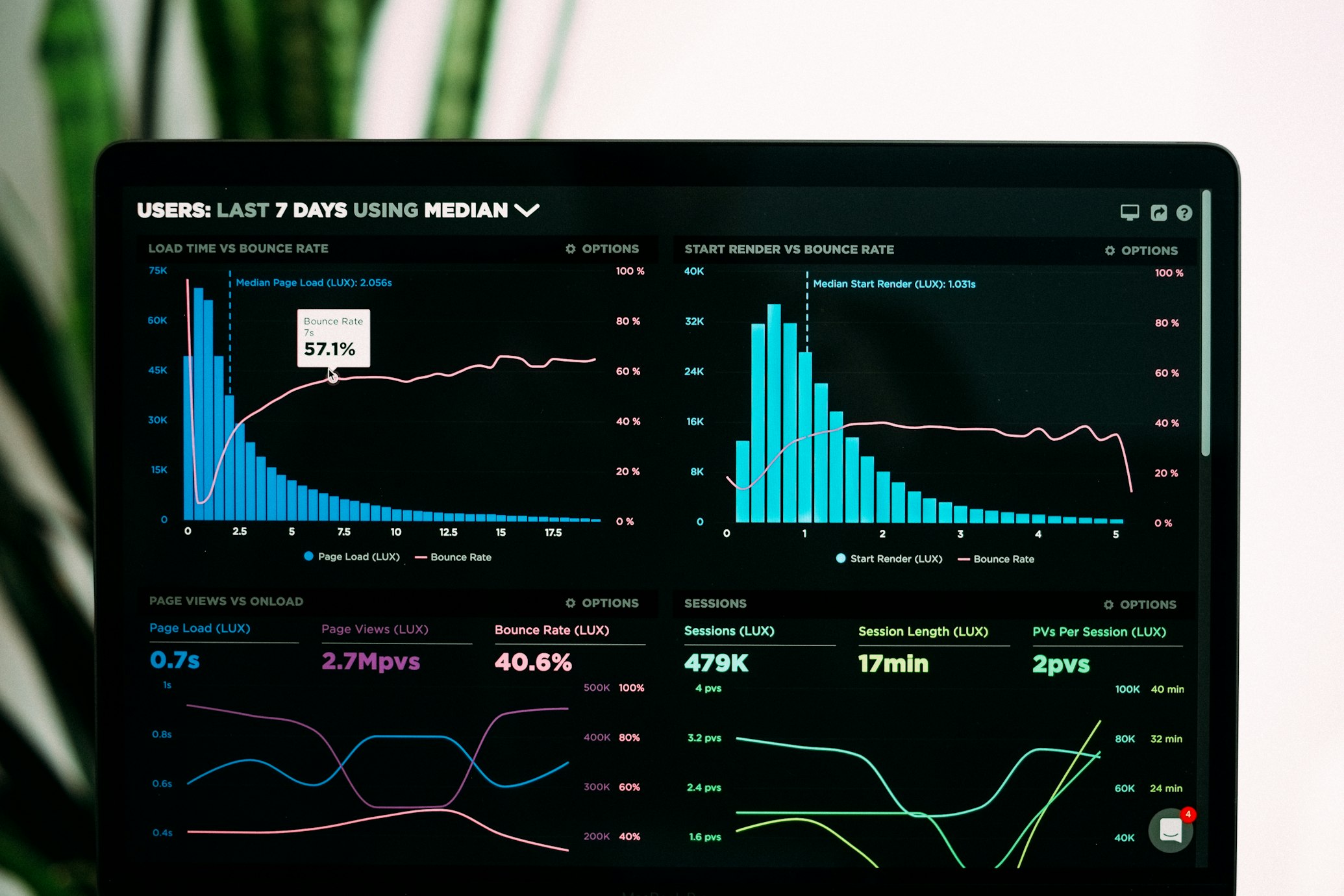Becoming a high-paid data scientist requires a combination of
skills, experience, and strategic career decisions. While the
specific salary can vary depending on factors such as
industry, location, and company size, here are some specific
points to consider when aiming to become a high-paid data
scientist:
1. Acquire a Strong Educational Background:
- Earn a Bachelor's Degree: Start by obtaining a bachelor's
degree in a relevant field such as computer science, data
science, statistics, mathematics, or engineering. This
provides a solid foundation in analytical thinking,
problem-solving, and the technical skills needed for data
science.
2. Pursue Advanced Education and Specializations:
- Consider a Master's Degree or Ph.D.: Earning an advanced
degree can significantly enhance your qualifications and
earning potential. Pursuing a master's degree or a Ph.D. in a
data science-related field allows for specialization, research
opportunities, and deeper knowledge in specific areas of
interest.
3. Develop Strong Technical Skills:
- Master Programming Languages: Acquire proficiency in
programming languages such as Python or R, which are widely
used in data science. Deepen your understanding of data
manipulation, data cleaning, and implementing algorithms and
models.
- Embrace Machine Learning Techniques: Gain expertise in
various machine learning algorithms, including supervised and
unsupervised learning, deep learning, and ensemble methods.
Stay updated with the latest advancements in the field.
- Strengthen Statistical Analysis: Continue to develop your
statistical knowledge and skills, including hypothesis
testing, regression analysis, and experimental design.
Statistical expertise is essential for deriving meaningful
insights from data.
4. Gain Practical Experience:
- Engage in Real-world Projects: Seek opportunities to work on
real-world data science projects. This can be through
internships, research collaborations, or personal projects.
Practical experience helps you apply your skills, build a
portfolio, and demonstrate your capabilities to potential
employers.
5. Build a Strong Professional Network:
- Attend Data Science Events: Participate in conferences,
workshops, and meetups related to data science. These events
provide opportunities to network with industry professionals,
learn from experts, and stay updated with industry trends.
- Join Data Science Communities: Engage with online data
science communities, forums, and social media groups. Actively
contribute, share knowledge, and collaborate with fellow data
scientists to expand your network.
6. Showcase Your Skills and Achievements:
- Develop a Portfolio: Create a portfolio that showcases your
data science projects, including the problem statements,
methodologies used, and the insights gained. Demonstrate your
ability to solve real-world problems and showcase your
technical skills.
- Publish and Present: Publish research papers, present at
conferences, or contribute to open-source projects. This helps
establish your credibility, visibility, and expertise in the
field.
7. Continuously Learn and Stay Updated:
- Embrace Lifelong Learning: Data science is a rapidly
evolving field, so it's crucial to stay updated with new
tools, techniques, and methodologies. Engage in continuous
learning through online courses, workshops, or reading
relevant research papers.
- Specialize in Emerging Areas: Identify emerging areas within
data science that are in high demand, such as natural language
processing, computer vision, or deep learning. Gaining
expertise in these specialized domains can make you more
valuable and marketable.
8. Consider Industry and Company Factors:
- Target High-paying Industries: Certain industries such as
finance, healthcare, and technology tend to offer higher
salaries for data scientists due to the critical role data
plays in these sectors.
- Seek Established Companies or Startups: Established
companies and startups alike value data scientists and often
offer competitive compensation packages. Evaluate
opportunities at companies known for their data-driven culture
and commitment to innovation.
9. Negotiate and Advocate for Yourself:
- Hone Negotiation Skills: Develop effective negotiation
skills to advocate for a higher salary during job interviews
or performance evaluations. Research industry standards and
salary ranges to ensure you are fairly compensated for your
skills and experience.
10. Build a Strong Personal Brand:
- Cultivate a Professional Online Presence: Maintain an
updated LinkedIn profile, contribute to data science blogs or
publications, and showcase your expertise through thought
leadership. A strong personal brand can attract lucrative job
offers and consulting opportunities.











